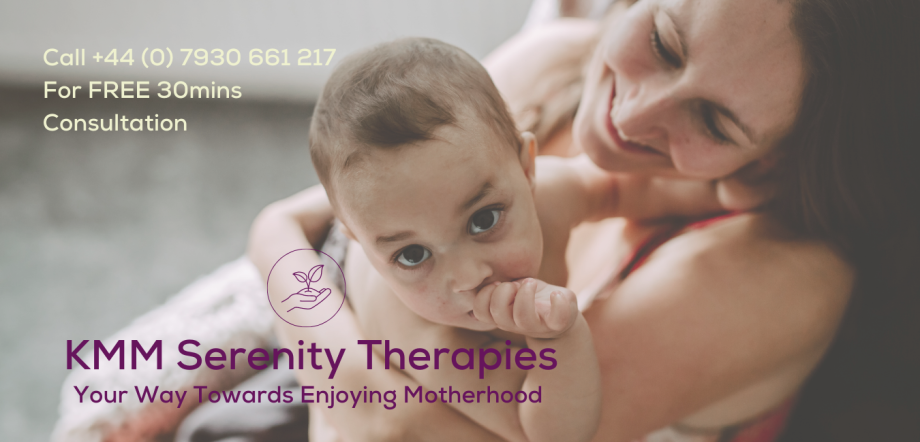How to achieve true independence for your child
I imagine I am not telling you anything new when I say that true independence comes from healthy attachment. That’s it. We are done. No need for me to continue. Yet, I keep coming across parents confused by contradicting advice and recommendations. So here is a summary of what I learned of the mechanics of attachment and how meeting the needs of our babies fosters independence in our toddlers.
You might have heard of attachment theory, which basically says that in order for a child to explore their environment, they need to feel safe in their relationship to at least on primary caregiver. Usually, but not always that is their biological mother simply because they have chemical bond in pregnancy and through breastfeeding, curtesy of evolution. The first six months or so, babies have very few needs (milk, sleep, safety/comfort), however those needs are a matter of survival and so the baby will have a stress response every time such need is not met. It is not an issue if the stress response is activated sparingly for short periods of time (the five mins baby woke up alone while mum was in the toilet etc), while if it happens for prolonged periods of time and/or repeatedly and consistently, the heightened levels of stress hormones in the blood stream can cause health, developmental or mental issues (i.e. sleep training, withholding of food, drink or affection, abuse etc).
We evolved as carrying species, meaning our babies feel safest when in proximity to our body, our breathing and heartbeat regulates theirs, when they are literally on our body, they know they are safe. When they are out of arms and cannot see nor hear you, their pre historic alarm bells go off, especially if it is dark, or there was an unexpected sound etc. So when initially you hold, carry and cuddle your baby 24/7, their needs are met completely, their brain is developing neural pathways based on a belief that the world is a safe place, the stress hormones are low and the immune system unconpromised. Around the third month, babies start to take notice of the world around them, by the sixth, they start attempting to move around to reach and see things for themselves. Some are very brave, almost reckless, while others are calm observers, this is down to nature, but they’ll all have the drive to explore if they feel safe.
As the time goes, their desire for independence grows and they venture further away from us. At this point, it is important that as much as we can we provide safe ‘yes’ environment and take them to open spaces where they can roam freely with little or no intervention from adults, it’s called free play. Especially in early childhood, free play has been shown time and time again the most effective way to approach child’s learning with a long term positive and lasting effect. It is during free play when child’s need for independence develops naturally at an easy pace that is comfortable for all involved.
Here is a little metaphor to help you to see the whole picture. Imagine you never swam in your life. The person that you love and trust the most takes you a swimming pool to teach you how to swim. Now lets explore few possible scenarios akin to raising children.
Imagine, they lead you to the shallow end, hold your hand and enter the water with you, they encourage you and only let go off you when you are ready, but they stay nearby. They explain how to swim and offer all the support, hand holding and advice you need. As you go grow more competent and confident, they keep their distance and you venture further and further alone until you realise you are perfectly good at swimming and don’t need them to be there at all.
What about this scenario? The person that you love and trust the most brings you to the pool, throw you down the deep end and says they believe you figure it out, while they go away to rest, read a book or chat with someone. In the worst case scenario here, you drown, but most somehow figure out how to stay afloat. They don’t tend to learn to swim nor to enjoy water, but just to survive, to stay above the water. Would you trust that person again? Would you feel traumatised by the experience? Would you perhaps feel abandoned, rejected, confused? Would you maybe develop protective mechanism to make sure no one ever gets that close to so as to push you away like this? Would you think of water as a safe pleasant fun space or lonely, scary and cold?
There is another extreme, of the loved one who takes you in, holds you firmly and does not want to let go of you for a second, even if you are ready to let go and try this swimming for yourself. They’d explain in great detail how to swim and talk of all the dangers and risks, but won’t let you practice without holding their hand, without being right next to you, constantly reminding you of every step. I imagine it’d be hard to feel confident in your abilities. You might end up feeling scared of all these dangers the loved one speaks off, dangers you apparently cannot be trusted to combat yourself. You need their help and guidance, always. The water is a perilous place.
There are of course few other ways this story could go. Perhaps someone has pushed you in only to pull you out when you panic, but push you in again as soon as you catch your breath. Stressful and confusing to say the least, and so forth.
The water is life. I know which start to life I’d like. I was pushed down the deep end, but kept on the leash, I am in therapy to this day to deal with the trauma it caused me. And I see variations of these traumatic introductions to life amongst my clients all the time. The few well adjusted people I know who genuinely do not need therapy had the kind of parenting the first scenario offered.
Don’t take me wrong, I am not saying that parenting that way in the modern times is easy. It requires time, patience and self awareness, we must drop our expectations and then dropped them again, we need to educate ourselves about what we can reasonably expect of a baby, toddler or a teenager, we might need to make sacrifices along the way and I dare to suggest that our children’s well being should not be what we sacrifice.
Most of my posts end with ASK FOR HELP IF YOU NEED IT for a reason. We have not evolved to parent in isolation, but rather in a community. To do it alone is almost impossible and certainly extremely challenging and exhausting. I might be a single mum, but I have my community around me to support me when days and nights get hard. I repay their kindness when the days are good again. And as I mentioned before, there is no shame in reaching out to a trained therapist to assist you in resolving your traumas that might be overspilling to your parenting or your adult relationships. Good therapist, will only just listen without judgement, they will empower you and equip you with practical tools that you can apply to your daily life right now.
No matter how your introduction to swimming started, it’s never too late to start that process again and find the enjoyment and fulfilment in it with which it has always meant to provide you.



